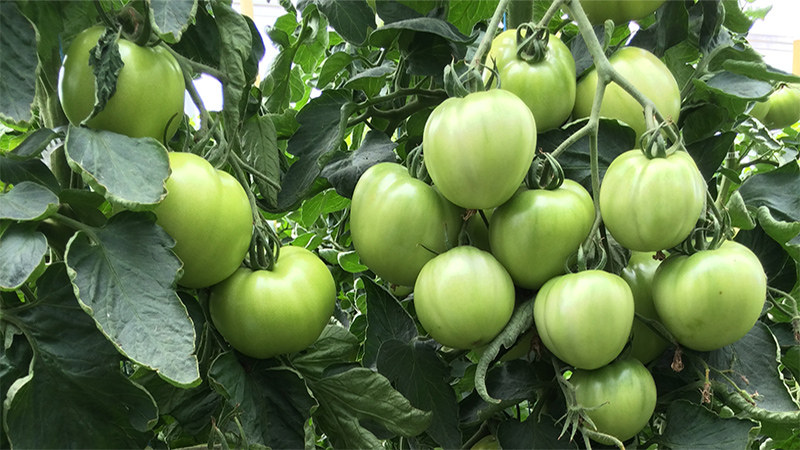Bayer CropScience’s Americas Sales Strong, But Can’t Offset Currency Woes
Bayer CropScience saw strong gains in its North and Latin American businesses in the second quarter, but its profit was again hurt by currency effects.
Sales rose 3.3% to $3.31 billion in the period. “Both Crop Protection/Seeds and Environmental Science contributed to this encouraging growth,” said Bayer Chairman Dr. Marijn Dekkers. Sales climbed 20.7% adjusted for foreign exchange rates in the Latin America/Africa/Middle East region and 18.5% in North America, also adjusted for foreign exchange rates. Increases were also recorded in Asia/Pacific at 8.2%, while sales in Europe were flat with a year ago at an increase of 0.7%, on a foreign exchange rate-adjusted basis.
Its crop protection business posted positive development in all units, with the new products launched since 2006 again accounting for a major share of the increase. Bayer’s fungicides and insecticides portfolios rose more than 11% on a foreign exchange rate basis, while its seed treatment business — called SeedGrowth — surged 20.5%. Herbicides sales showed steady growth, rising 6% adjusted basis, and its seeds business jumped 15.9% on an adjusted basis.
EBITDA before special items of CropScience dropped 1.4% below the prior-year quarter at $824 million. “Earnings benefited from the favorable business development, with significantly higher volumes and selling prices. However, this did not fully offset the negative currency effects of roughly $53.6 million, or about 6%, and increases in marketing costs and research and development expenses,” the company stated.
Looking ahead, CropScience “expects to grow faster than the market and raise sales by a high-single-digit (previously: mid- to high-single-digit) percentage” on an adjusted basis. It anticipates negative currency effects of about 5% compared to 2013. EBITDA before special items is still expected to increase by a low-single-digit percentage, allowing as before for negative currency effects of approximately $201 million.






